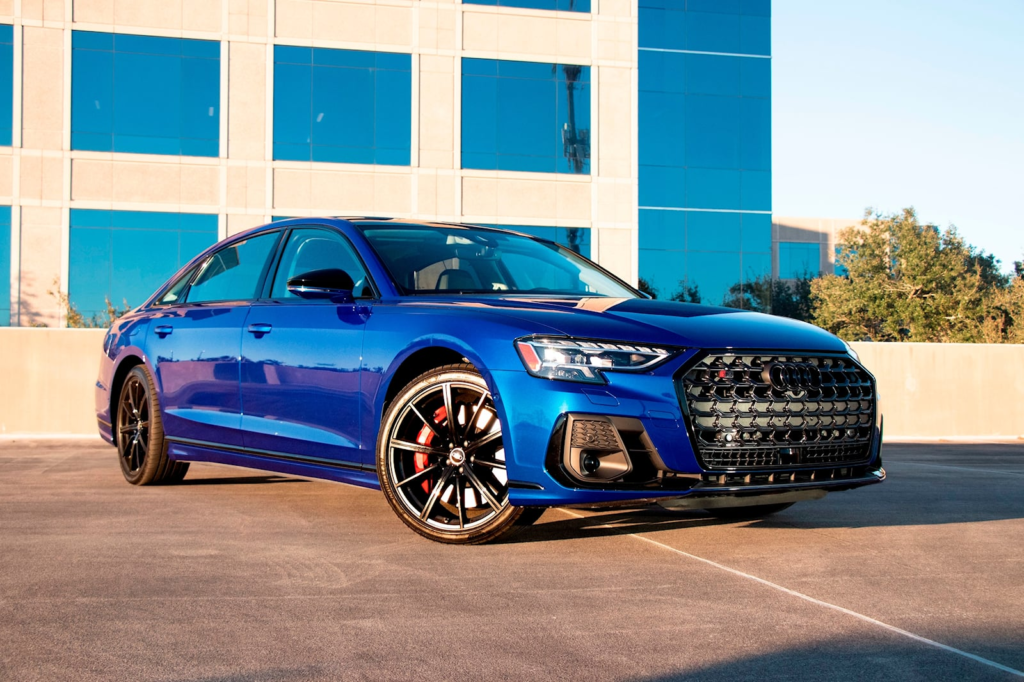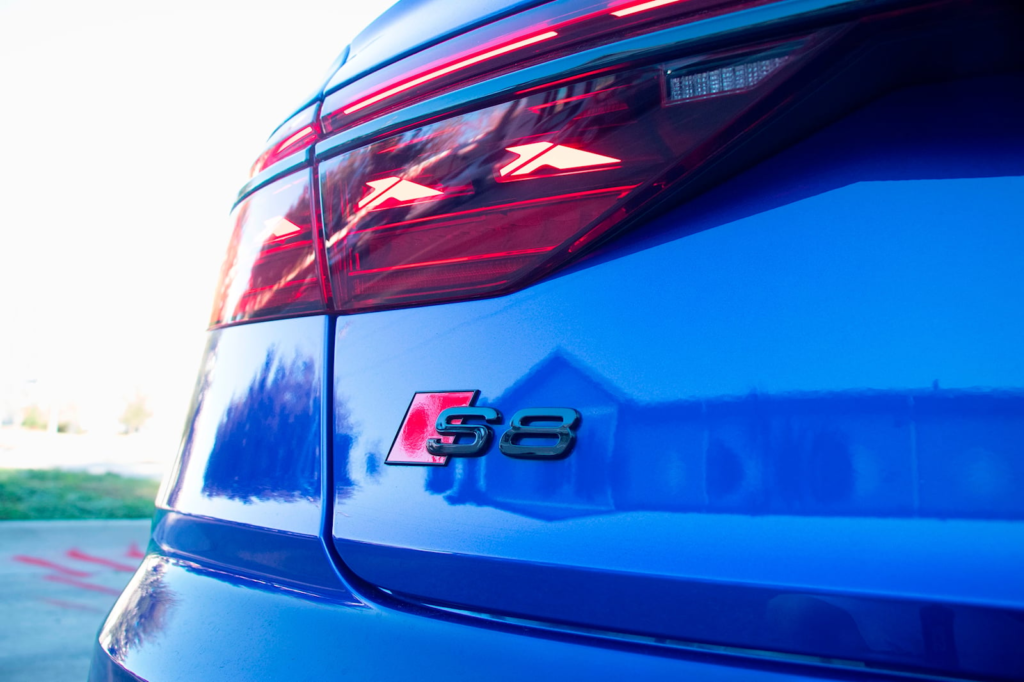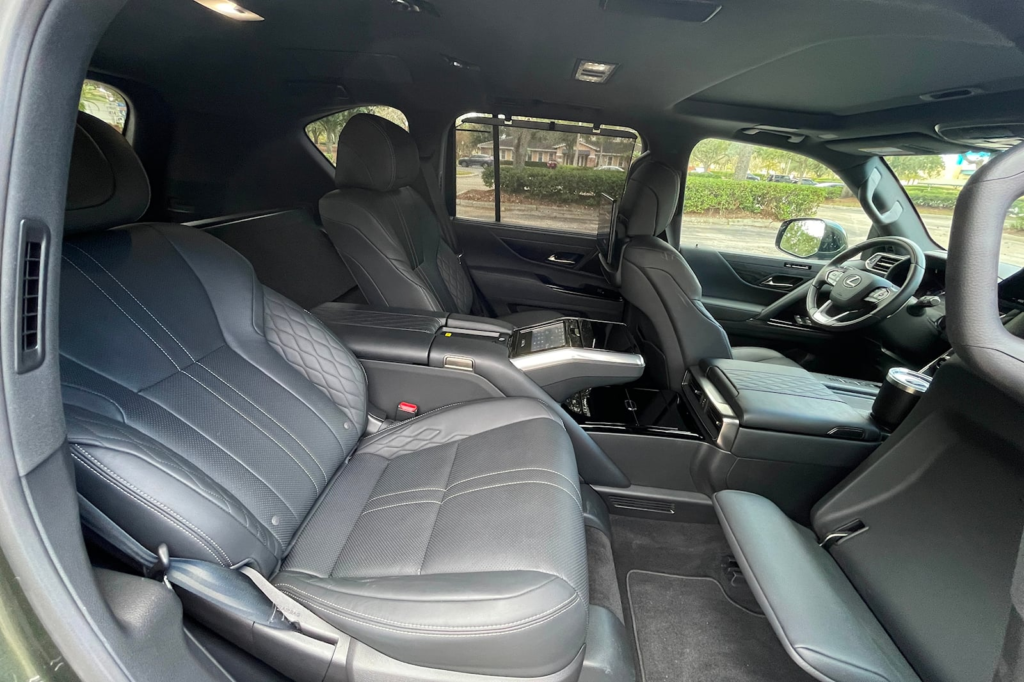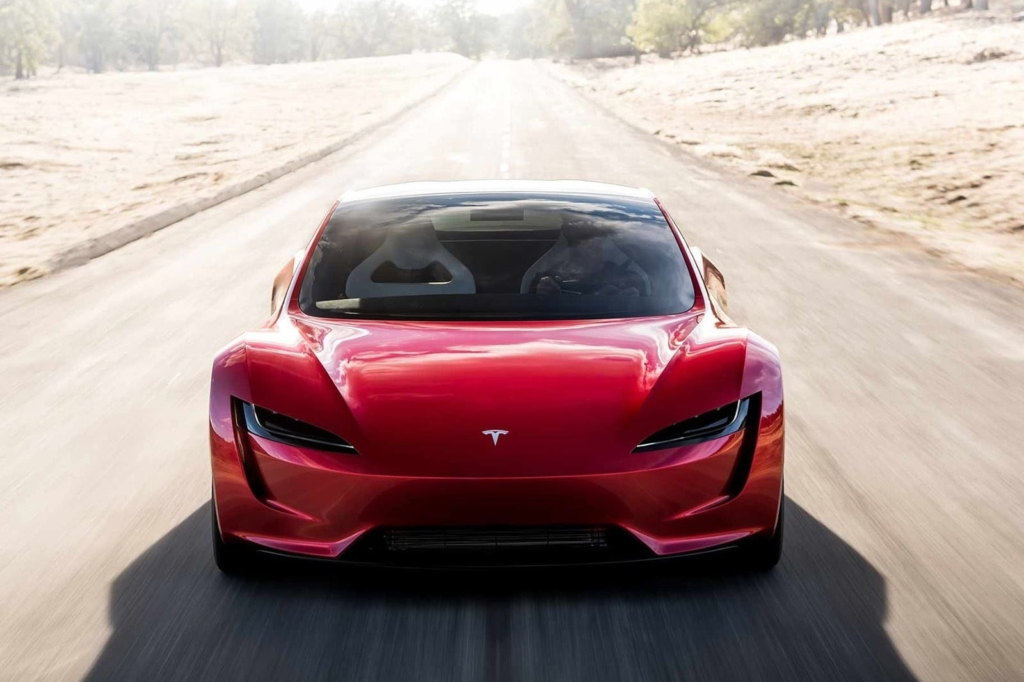Cars have come a long way from being just a mode of transportation. They have become an integral part of our daily lives and a reflection of our personalities. From sleek sports cars to spacious family vehicles, there is a car for every individual’s needs and preferences. But, with so many options available, how do you determine which car is right for you? Buying a new car can be a significant investment, and it is essential to consider several factors to make the right decision. The car is a staple of modern society, providing mobility and independence to people all over the world. From daily commutes to weekend road trips, cars are an essential part of life for many people. With such importance placed on cars, it’s important to understand the factors that go into choosing the right one, from budget considerations to fuel efficiency and everything in between.
Budget

One of the first considerations when buying a new car is budget. This will be the foundation of your decision-making process. Consider how much you can afford to spend on a car and what your monthly payments will look like. Cars are a significant investment, and buyers should be prepared to spend a considerable amount of money in order to purchase a vehicle that fits their needs and budget.
Determine if you want to buy or lease the car and if you plan to finance it, ensure you understand the terms and conditions. You should also consider the additional costs that come with owning a car, such as insurance, maintenance, fuel, and taxes. Factors that will impact the cost of a car include the model, brand, and age of the vehicle, as well as any additional features or upgrades that are included.
Type of Car

Before you make a decision on purchasing a vehicle, it is important to consider the type of car that will suit your needs. To help you make an informed choice, take some time to think about your lifestyle and the main purpose for which you’ll be using the car.
For example, if you commute to work every day, you might want to look for a car that is efficient, reliable, and comfortable for daily driving. On the other hand, if you have a family, safety and spaciousness may be your top priority. In this case, a family-friendly vehicle like a minivan or a SUV may be the best choice.
Additionally, consider your leisure activities. Do you enjoy taking weekend drives in a sporty car, or do you like to explore rough terrain in an off-road vehicle? Knowing what you want to use the car for will help you narrow down your options and find a car that fits your needs and preferences.
Before making a final decision on purchasing a vehicle, it’s essential to do your research and compare different makes and models. The process of buying a car can be overwhelming, but by taking the time to gather information and compare your options, you can make a well-informed decision that meets your needs and fits your budget.
Start by reading reviews from trusted sources, such as automotive websites, magazines, and forums. This can give you a good idea of the pros and cons of each car you’re considering and help you compare specifications, features, and prices. It’s also a good idea to compare the safety ratings, fuel efficiency, and reliability of each car, as these are all critical factors to consider when making your decision.
Once you’ve gathered information, it’s time to take a test drive. This will give you a feel for the car and help you see how it handles on the road. Be sure to test drive several different cars to get a sense of what’s available and what you like.
Finally, remember to take advantage of the internet. The internet provides a wealth of information, so use it to your advantage. Research and compare different makes and models, read reviews, and gather all the information you need to make an informed decision.
In conclusion, researching and comparing different makes and models, reading reviews, and taking test drives are all crucial steps in the process of buying a new car. By taking the time to do your research, you can make a well-informed decision and find a car that meets your needs and fits your budget.
Fuel Efficiency

When making a decision on purchasing a vehicle, it’s crucial to also consider fuel efficiency. This is becoming increasingly important due to the rising costs of gasoline and the need to reduce the negative impact of gas-powered cars on the environment.
Investing in a fuel-efficient car is not only better for the environment, but it can also be a smart financial decision. These types of vehicles are known to have lower operating costs, as they consume less fuel and emit fewer emissions. As a result, they can help you save money on gas over time, making them a cost-effective choice in the long run.
So, if you’re concerned about the environment and your budget, consider a fuel-efficient car that delivers both fuel economy and peace of mind. By making an informed decision based on your driving needs, you can find a car that meets your requirements and supports your environmental goals.
Safety

When it comes to purchasing a vehicle, safety is a top priority for many buyers. Ensuring the safety of yourself and your passengers should be a key consideration when making your decision. That’s why it’s important to look for cars that are equipped with advanced safety features.
Features such as airbags, anti-lock brakes, and stability control can play a significant role in protecting you and your passengers in the event of a crash. Additionally, these features can help to prevent accidents from occurring in the first place by enhancing the overall handling and stability of the vehicle.
In addition to looking for cars with advanced safety features, it’s also important to research the safety ratings of the vehicles you’re considering. There are various organizations, such as the National Highway Traffic Safety Administration (NHTSA) and the Insurance Institute for Highway Safety (IIHS), that evaluate the safety of vehicles and provide safety ratings based on various criteria. These ratings can give you a good idea of how safe a car is on the road, so be sure to check them before making a final decision.
In summary, when buying a new car, it’s essential to consider the safety of the vehicle. Look for cars with advanced safety features, and do your research on the safety ratings of the vehicles you’re considering. By making a well-informed decision, you can ensure that you and your passengers are protected on the road.
Reliability

Reliability is also an important factor to consider when buying a new car. Cars that are reliable are typically less expensive to own over the long term, as they are less likely to require repairs or maintenance. Buyers should research the reliability ratings of cars that they are considering, and they should also look for cars that are backed by a warranty or maintenance program. This will provide peace of mind and help to ensure that the car remains reliable over the long term.
Style and Design

Finally, buyers should also consider the style and design of the car that they are interested in. Cars come in a wide range of styles and designs, from sporty coupes to spacious family vehicles. Buyers should consider their personal style and the needs of their family when choosing a car, as this can help to ensure that they choose a vehicle that is both functional and aesthetically pleasing.
When buying a new car, it’s also important to consider the overall value that the vehicle provides. This can be determined by looking at factors such as the price of the vehicle, the features and upgrades that are included, and the long-term cost of ownership. Additionally, buyers should also consider the car’s resale value, as this can help to ensure that they are able to sell the vehicle for a good price in the future.
Conclusion
In conclusion, purchasing a new car is a major financial decision that should not be taken lightly. There are numerous factors to consider, including your budget, the type of car that suits your lifestyle and needs, fuel efficiency, safety, and reliability.
Taking the time to research and gather information on the various options available will allow you to make an informed decision that will best suit your individual needs. Whether you’re looking for a car for commuting to work, transporting your family, weekend drives, or off-road adventures, there’s a car out there that’s right for you.
Additionally, consider factors like fuel efficiency and safety, as these can greatly impact both your wallet and your overall well-being on the road. You should also research the reliability of the cars you’re considering, as this will help ensure that you get the most value out of your investment over the long term.
In summary, buying a new car is a significant investment that requires careful consideration and research. By taking the time to gather information and make an informed decision, you can find a car that meets your needs, provides value, and ensures a smooth and safe driving experience for years to come.

